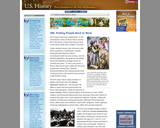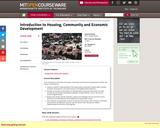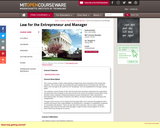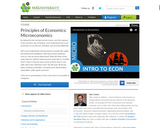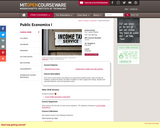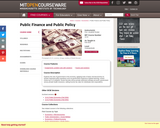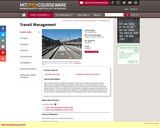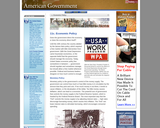
Until the 20th century the country abided by the laissez-faire policy, which required a free market with little intervention from government. With the Great Depression came Keynesian economics, or the opposite belief that the government should manage the economy. Today, United States economic policy lies somewhere in between åÑ government should regulate and sometimes manage, but should allow a free market whenever possible. Political and business leaders disagree on how much control is enough.
- Subject:
- Business and Communication
- Management
- Political Science
- Social Science
- Material Type:
- Diagram/Illustration
- Reading
- Provider:
- Independence Hall Association
- Provider Set:
- American Government
- Date Added:
- 02/15/2018
